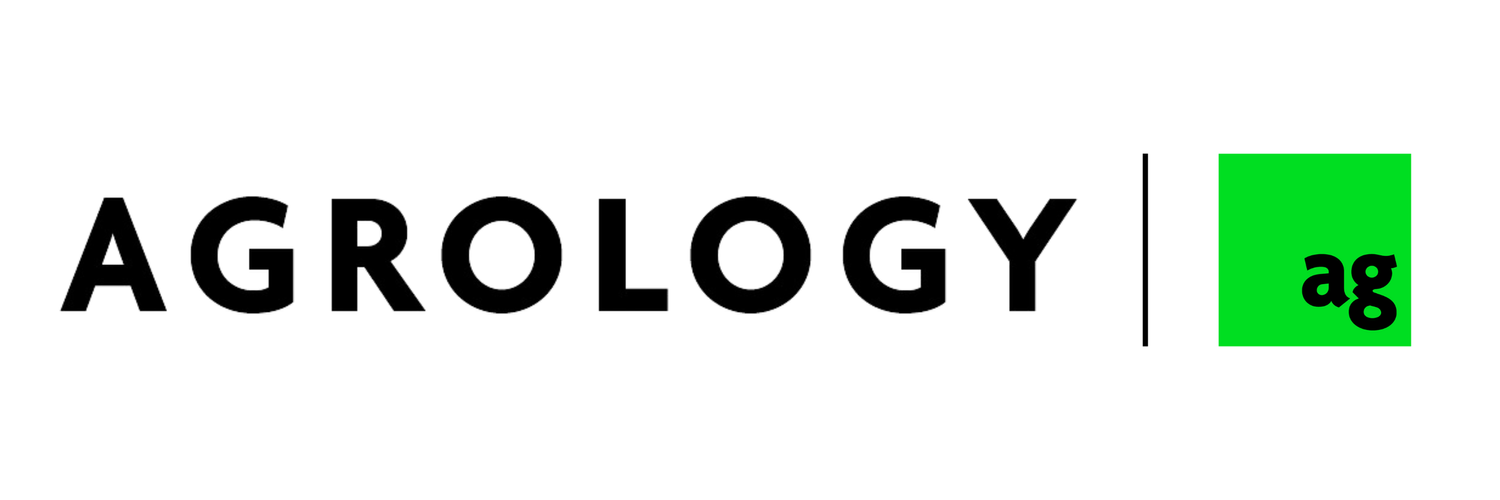It’s Time to Rethink Soil Carbon and Greenhouse Gas Measurements in Agriculture
By Adam Koeppel, Co-Founder & CEO, Agrology
The reliability of conventional models used to gauge soil carbon levels and sequestration in agriculture is facing well-deserved scrutiny from experts and academics. University-derived models, the go-to tool for assessing the impact of regenerative farming practices, lack robust data for validation.
Addressing Accuracy Concerns of Models
Companies employing the DNDC (denitrification decomposition) model, for instance, claim a 95% accuracy rate within 0.5 metric tons/acre of actual Soil Organic Carbon (SOC). However, this seemingly small margin of error can significantly obscure or exaggerate a farmer's sequestration efforts.
A meta-analysis by the University of Nebraska Lincoln, encompassing 189 multi-year studies on cover crops, yielded an average sequestration rate of 0.76 metric tons per acre. Factoring in the DNDC model's 0.5 metric tons/acre margin of error reveals that, should a farmer implement practices like no-till or cover cropping and sequester an additional 0.76 metric tons per acre, two-thirds of this gain could elude the model. Alternatively, the model might inflate sequestration by 0.5 tons, misleading carbon purchasers.
The Shift to Real-Time Measurement Over Modeling
In the past, such inaccuracies were tolerated due to modeling being the sole option. With the emergence of real-time carbon flux monitoring and precise soil carbon measurement there is now an opportunity to measure carbon impact directly, rather than relying on estimates and models.
Transitioning from model reliance to embracing real-time ground-truth measurement enhances accuracy, fostering trust and transparency in the carbon market—an imperative for farmers and investors alike.
Real-time data on soil health and carbon stocks equips farmers to make informed decisions that benefit their assets. Agrology is among the few technology platforms that actively leverages real-time ground-truth measurement technology for farmers' benefit. By leveraging fundamental physics principles and decades of field usage studies to gather ground-truth data directly from the soil, Agrology delivers performance-verified, permanent agricultural carbon dioxide removal data that aligns with the ultimate goal of supporting farmers.
Now is the time for a Measurement-Centric Approach
Embracing real-time measurement not only offers performance-verified, permanent agricultural carbon dioxide removal but also aligns with the goal of supporting farmers in transitioning to regenerative agriculture and addressing climate change. This approach is scalable and available for leaders committed and open to updating their approaches to measuring and proving the climate benefits of their regenerative agricultural practices.
It's time to make the transition to real-time, ground-truth soil carbon measurement a reality.
